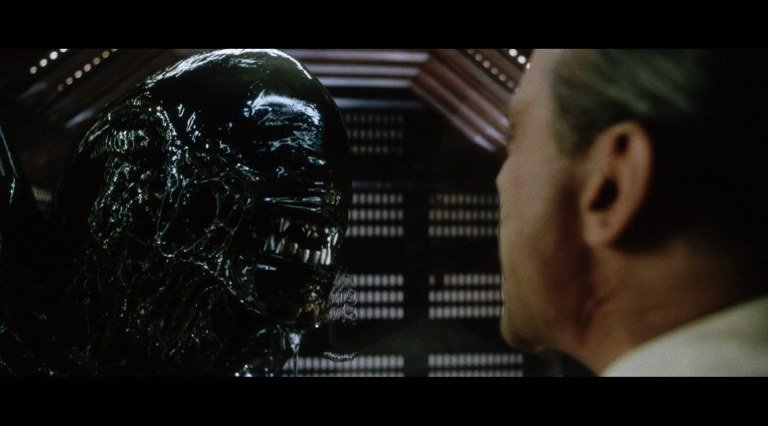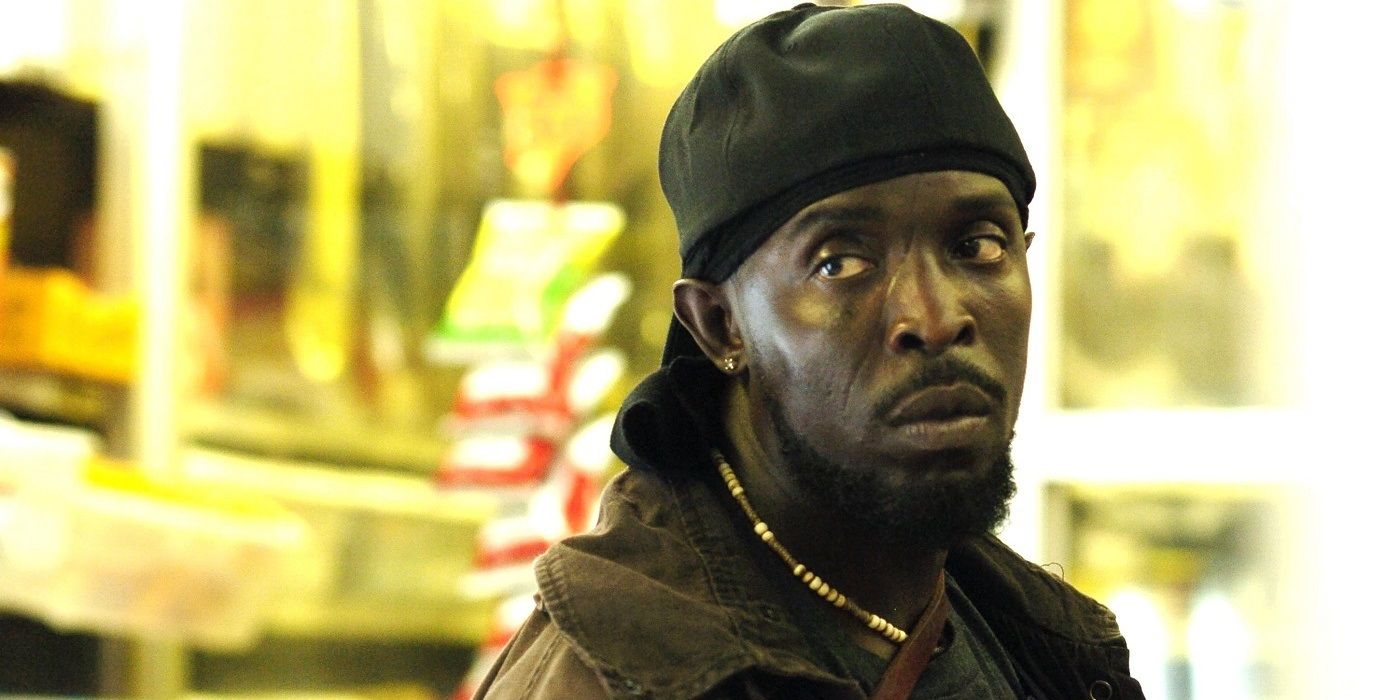A series of my most notable opinions. Enjoy!
Why is being bored a terrible thing to confess?
As a philosophy professor boredom was one of the primary obstacles to having my students read. But boredom is only a reflection of the needs of consciousness at any particular moment, a consciousness, mind you, addicted to certain types of external excitations.
These days, almost exclusively televisual excitations of very, very short duration (i.e. Tiktok, Instagram).
What you’re really saying: my feeble mind need more entertainment. My consciousness is slavishly addicted to external pleasures. My thoughts are not worthy of thinking. Simple, passing pleasures are the only thing I know.
Is there ever justification for being bored?
I have been bored, in case you wondered.
Having condemned boredom as bad (a character flaw), a very different (and possibly contradictory*) opinion:
When pursued and suffered through, boredom leads to imagination, permits us to see things differently. I’ve written about this in my article on boredom in photography.
*There is more than one kind of boredom, although here I speak of them inseparably. So it’s not really a contradiction.
Is Alien Resurrection (1997) hopelessly flawed?
Ashley, I’ve been told that you’ve defended the 1997 Jean-Pierre Jeunet film Alien Resurrection. I’d assumed this opinion was simple (and blameworthy) calumny. Is that so?
Frankly, dear interlocutor, I take some pleasure in confessing that it is not calumny. Want to know more? Here is my elaborated opinion of Alien Resurrection.

You have a Ph.D. in philosophy: why do you not write about philosophy?
Dr. Vaught, I know that you wrote a not-yet-celebrated dissertation on F.W.J. Schelling‘s Freiheitsschrift insofar as it has been shaped by the history of Spinoza reception in Germany. You also spent at least fifteen years teaching undergraduate courses (ten of which after you’d finished your dissertation). Why don’t you write about philosophy?
Do you know the expression Pas tes oignons?
I do write about philosophy occasionally, but I wrote academically about philosophy for a long time, such that I am uncertain how to write about philosophy outside that mode.
How do you justify your criticism of Joss Whedon?
Ashley, is it true that you think Joss Whedon is a hack?
Monkeys apparently, over a long enough span of time, can write Shakespeare. On a much smaller time scale even an idiot can occasionally write a few good things (Toy Story [1995], Serenity [2005]). And neither of the latter were that good.
Watching Serenity the second or third time made clear that the latter is a states’ rights defender. What’s more, the cast of the film, Nathan Fillion’s character in particular, are retelling the story of the Civil War from the side of the Confederacy.
P.S.: I hate having criticized anyone, in the end. Joss Whedon is probably a nice guy, and he’s undoubtedly successful. Moreover, even if he’s not a nice guy, that doesn’t mean what he’s created de jure bad.
P.P.S.: States’ rights were a cipher for the defense of slavery before the Civil War and are a defense of Jim Crow laws after it.
Did anyone survive the Star Wars prequels unscathed?
Were there actors participating in those three films (Episodes 1, 2, & 3) who did not see their careers/reputations decline?

Excellent question.
The greatest casualty of the prequels was undoubtedly Natalie Portman. Her early films like Léon: The Professional (1994) and Beautiful Girls (1996) made her into a star (she was also excellent in Heat (1995), but she is overshadowed by everyone else). She possessed so much talent there, that it was unthinkable she would offer such weak performances in the prequels.
Those unscathed: Samuel L. Jackson, Ewan McGregor, Christopher Lee, and Liam Neeson. None of their performances were great, but they were the best they could be with the material. In fact, they showed just how bad Natalie Portman’s performance was.
More charitably, I’ll admit the importance of the romance between Anakin and Padmé and — and this isn’t said strongly enough — shitty fucking writing telling that story. Whereas as the four mentioned above are less developed characters.
What kind of bikes do you have?
It’s said far and wide that you possess several beautiful bicycles? Please explain.
[Rolls eyes]
I have three relatively inexpensive bikes.
- 1985 Specialized Sirrus (Reynolds steel, white and green) with a 105 component set.
- 2003 LeMond Arrivée (titanium, unpainted; badgeless) with a Dura-Ace crank (180mm arms) but otherwise Ultegra components, Belgium HED wheels
- 2017 Kestrel MXZ (black carbon fiber) with SRAM components
Do you hate television?
You seem to dislike The Mandalorian, which the hoi polloi has almost unanimously celebrated, and this makes us wonder if you dislike TV altogether? Are you an anti-TV-ite? Do you hate our freedom?
Remember, I grew up during the era of some of the best TV ever made. I.e., Dukes of Hazzard (1979-85), Knight Rider (1982-86), V (1983). Not to mention Airwolf (1984-87)!
Okay, that was a joke. Yet I do like some bad TV. Not The Mandalorian. But I enjoy episodes of Wipeout (2008-14) as much as the next guy.
Since I’ve mentioned it in passing I’ll say it again: in my opinion there are two television shows which represent the highest achievement in television drama, worthy of consideration alongside great films and literature. Those are:

Totally not kidding when I make these comments. These shows were excellent TV fare, and everyone owes them a watching. Deadwood may not be as constant as The Wire was, but its second season was incredible, and Garret Dillahunt‘s character Francis Wolcott is a character arguably as interesting as Michael K. Williams‘ Omar Little.
